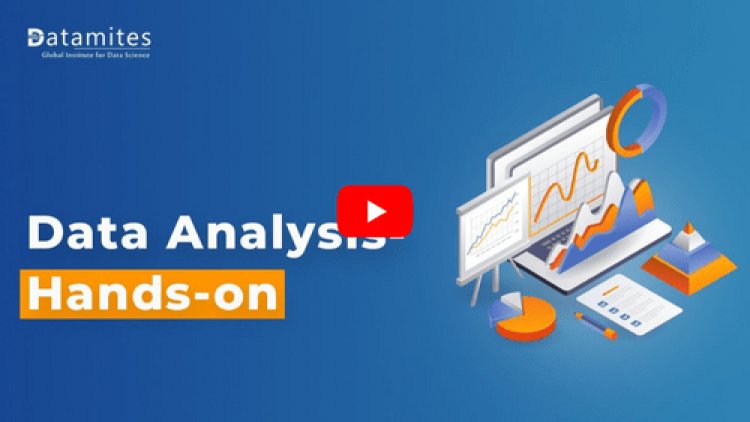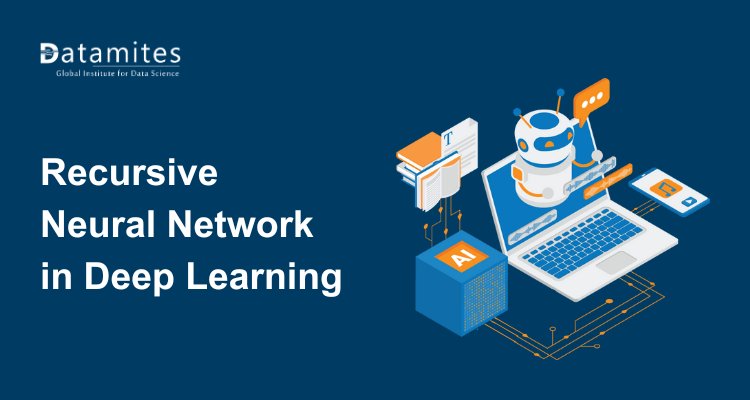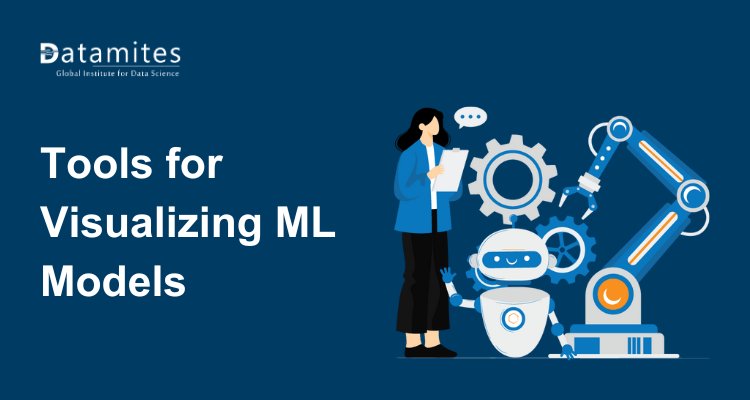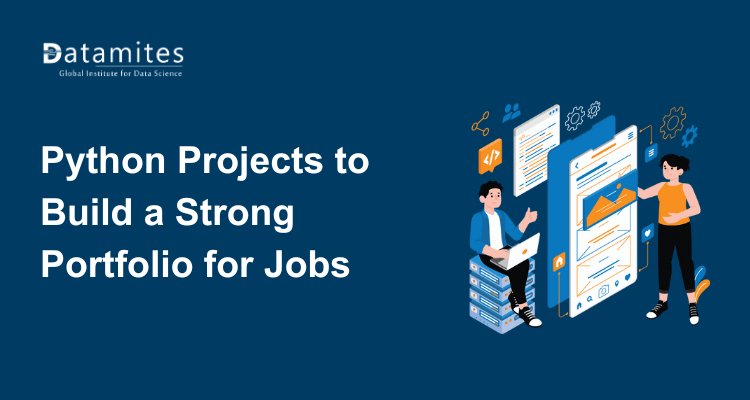How much is the Certified Data Analyst Course Fee in Canada?

In recent years, the field of data analysis has experienced a remarkable surge in Canada. With the rapid advancement of technology and the growing importance of data-driven decision-making, organizations across various industries are recognizing the value of skilled data analysts. As a result, the demand for data analysts is on the rise, making it an emerging and highly sought-after profession in the Canadian job market.
According to the Market Research Future report, the market size of data analytics is anticipated to reach USD 303.4 Billion by the year 2030. Canada’s evolving digital landscape, combined with its diverse and thriving economy, has paved the way for the rapid emergence of data analysis in the country. Organizations are increasingly relying on data-driven insights to gain a competitive edge, optimize operations, and enhance decision-making processes. With the continuous expansion of data generation, the demand for skilled data analysts to analyze and interpret this data is at an unprecedented level, and this trend is expected to persist in the years ahead.
How to become a data analyst in Canada?
Becoming a data analyst in Canada typically requires a combination of education, skills development, and relevant work experience. Here are the general steps you can follow to pursue a career as a data analyst in Canada:
Educational Background:
Obtain a bachelor’s degree: Start by earning a bachelor’s degree in a field related to data analysis or a quantitative discipline such as mathematics, statistics, computer science, economics, or engineering, which will provide you with a solid foundation in analytical and problem-solving skills. Additionally, considering data analytics in Toronto can help you explore opportunities specific to the thriving industry in the city of Canada.
Gain Technical Skills:
- Learn programming languages: Develop proficiency in programming languages commonly used in data analysis, such as Python or R. These languages are widely used for data manipulation, statistical analysis, and visualization.
- Data manipulation and analysis: Familiarize yourself with tools and techniques for data manipulation, cleaning, and analysis. This may involve learning SQL for querying databases, spreadsheet software like Microsoft Excel or Google Sheets, and data visualization tools like Tableau or Power BI.
- Statistical knowledge: Acquire a good understanding of statistical concepts and methods to analyze and interpret data effectively.
Gain Practical Experience:
- Internships and projects: Seek internships or projects that allow you to apply your data analysis skills in real-world scenarios. This practical experience will not only enhance your skills but also provide you with valuable references and networking opportunities.
- Personal projects: Undertake personal data analysis projects to showcase your skills and build a portfolio. You can find publicly available datasets or use open data sources to work on projects that demonstrate your abilities.
Networking and Professional Development:
- Join professional associations: Connect with data analysis and data science communities in Canada by joining professional associations such as the Canadian Information Processing Society (CIPS) or the Canadian Statistical Association (CSA). Engage in networking with industry professionals by attending events, conferences, and meetups.
- Online courses and certifications: Consider taking online courses or certifications in data analysis, machine learning, or related fields. Many platforms offer various courses and data analytics certifications in Canada that can enhance your knowledge and demonstrate your commitment to continuous learning.
Job Search:
- Job portals and networking: Use popular job portals like Indeed, LinkedIn, or Glassdoor to search for data analyst jobs in Canada. Leverage your professional network and attend career fairs or industry-specific events to discover job opportunities.
- Prepare for interviews: Brush up on your technical skills, review common interview questions, and be prepared to showcase your problem-solving abilities during interviews. Practice data analysis and problem-solving exercises to demonstrate your competence in real-time scenarios.
Live-project internship
- Internships on active projects offer data analytics experts the chance to obtain practical experience.
- Internships with live projects fill the gap between academic learning and real-world application.
Certifications
- Validates proficiency and knowledge in the field.
- Shows a dedication to professional growth and staying current with best practises in the business.
- In the field, certifications from recognised organisations like Microsoft or IBM are especially valuable.
Resume Preparation
- Highlighting relevant skills and experience.
- Technical proficiency in Tableau, Power BI, Python, R, and SQL.
- Emphasizing experience in data analysis, statistical modeling, and data visualization projects.
- Showing that you have a solid grasp of computer languages, analytical thinking, and data querying.
Remember that the data analyst field is continuously evolving, so staying updated with the latest tools, techniques, and trends is essential. Continued learning and professional development will help you thrive in this field.
Read the following articles:
- Applying Data Analytics to Finance
- Data Analytics Influencing the Educational Sector
- Understanding the Role that Data Analytics plays in Manufacturing
What does a data analyst do?
A data analyst is responsible for collecting, organizing, and analyzing large sets of data to extract valuable insights and support data-driven decision-making. Here are some key tasks typically performed by a data analyst:
- Data Collection: Data analysts gather relevant data from various sources, such as databases, spreadsheets, APIs, or external systems. They ensure data quality and integrity, and may also design data collection methods.
- Data transformation and cleaning: Raw data frequently has mistakes, discrepancies, or missing values. Data analysts clean and preprocess the data, removing outliers, correcting errors, and transforming it into a suitable format for analysis.
- Data Analysis: Using statistical techniques and data analysis tools, data analysts in Mississauga examine the data to identify patterns, trends, and relationships. They employ methods like descriptive statistics, data visualization, and hypothesis testing to gain insights and draw meaningful conclusions specific to the region.
- Data Interpretation and Reporting: Data analysts interpret their findings and present them in a clear and concise manner. They create reports, dashboards, or visualizations to communicate the results effectively to stakeholders, highlighting key insights and recommendations. In the city of Canada, a reputable data analytics training institute in Edmonton can provide individuals with the skills and knowledge necessary to excel in this field.
- Business Impact Assessment: Data analysts assess the impact of their findings on business operations, strategies, and goals. They help businesses understand the implications of data analysis and guide decision-making processes.
The primary goal of a data analyst is to transform raw data into actionable insights that drive informed decision-making, improve efficiency, and enhance overall business performance. Having a job as a data analyst in Canada is rewarding and provides insightful learning to grow their living standard. The salary of a data analyst in Canada ranges from CAD 66,492 per year according to an Indeed report.
Refer the following articles:
- Certified Data Analyst Course Fee in USA
- Certified Data Analyst Course Fee in Australia
- Certified Data Analyst Course Fees in UK
How is DataMites providing Certified Data Analyst Training in Canada?
DataMites is a highly respected training institute globally, known for offering comprehensive data analytics training in Canada
DataMites offers the Certified Data Analyst course in Canada, a high-quality program tailored to meet the increasing demand for data analytics skills. This comprehensive course encompasses various essential topics, including a No-code course, Excel, MySQL, PowerBI, and Tableau. The course is conveniently delivered online, ensuring accessibility for aspiring data analysts in Canada. With a duration of six months and a total of 400 learning hours, participants can benefit from 20 hours of live-online training and one year of Elearning access. Noteworthy, the course holds accreditation from IABAC, a well-regarded global organization, further enhancing its credibility and industry recognition. Upon successful completion, participants receive a prestigious data analytics certification from DataMites, recognized within Canada.
DataMites provides key features for Certified Data Analyst Course in Canada as follows:
- Ashok Veda as an expert trainer
- High-quality study materials
- A specialised course curriculum
- Intensive live online training
- 1 Client and 10 capstone projects
- Resume Preparation
- Case studies
- Internship opportunities
DataMites offers online data analytics training in Canada that adopts a blended learning approach, seamlessly integrating theoretical concepts with practical applications. The primary objective of this training program is to provide participants with the necessary skills and knowledge to thrive in the rapidly evolving field of data analytics. By combining theoretical foundations with real-world scenarios, DataMites ensures that learners develop a holistic understanding of data analytics principles and acquire the capability to apply these concepts efficiently in practical situations.
Certified Data Analyst Course

What is the Certified Data Analyst Course fee in Canada offered by DataMites?
DataMites, a renowned training institute with global recognition, offers a diverse selection of data analytics courses, including Certified Data Analyst Courses in Canada. DataMites places a strong emphasis on transparency and competition when it comes to pricing. The course fees for data analysts in Canada generally fall within the range of C$2000 to C$ 3000. To make the courses accessible and affordable for aspiring data analysts, DataMites provides flexible payment options, instalment plans, and even scholarships. This ensures that individuals interested in pursuing a career in data analytics have various financial arrangements to choose from to suit their needs.
DataMites offers Certified Data Analyst Course Fee in Canada at a regular price of C$ 2,890. However, the institute provides a discounted rate of C$2,041 for live-online training, making it more affordable for students. Similarly, for the blended course, the regular course fee ranges from C$1,173, but students can take advantage of a discounted rate of C$1,450. By offering these discounted rates, DataMites enables students to pursue their data analytics training at a more cost-effective price point, enhancing accessibility to the course.
Refer the following articles:
- Certified Data Analyst Course Fee in Bangladesh
- Certified Data Analyst Course Fee in South Africa
- Certified Data Analyst Course Fee in Saudi Arabia
Summary:
The demand for data analytics courses in Canada has been steadily increasing in recent years. The rapid growth of data-driven decision-making across industries has created a strong demand for skilled professionals who can effectively analyze and interpret data. As businesses recognize the value of data analytics in driving innovation, efficiency, and competitiveness, the need for individuals with expertise in this field continues to rise. Pursuing a Certified Data Analyst Course Training in Canada can provide individuals with a valuable skill set that aligns with the current and future needs of the job market, opening up diverse career opportunities in sectors such as finance, healthcare, marketing, and technology. With the potential for rewarding career prospects and the growing demand for data analytics professionals, undertaking a data analytics training in Canada can be a wise investment for those interested in this field.
Data Science vs Data Analytics

Learn Data Analysis with the Help of Python






